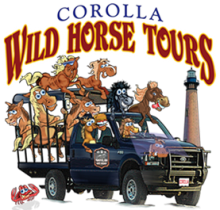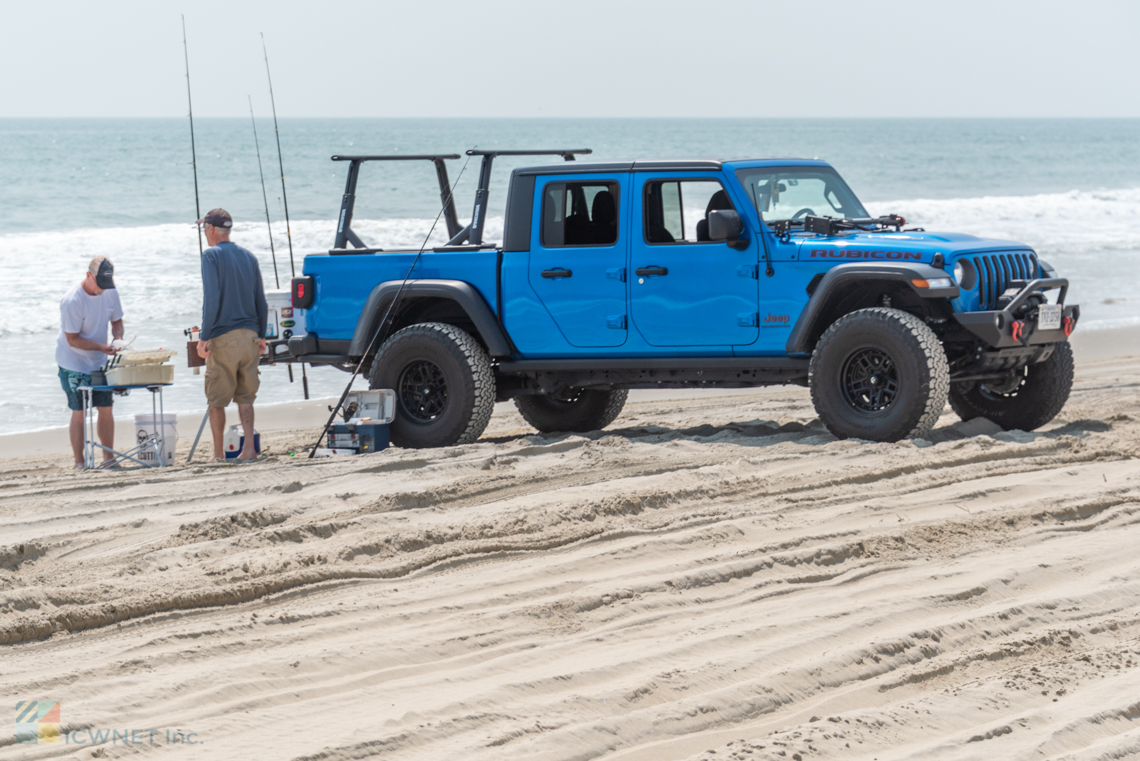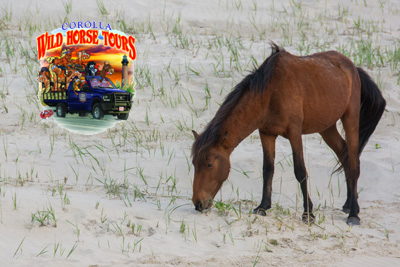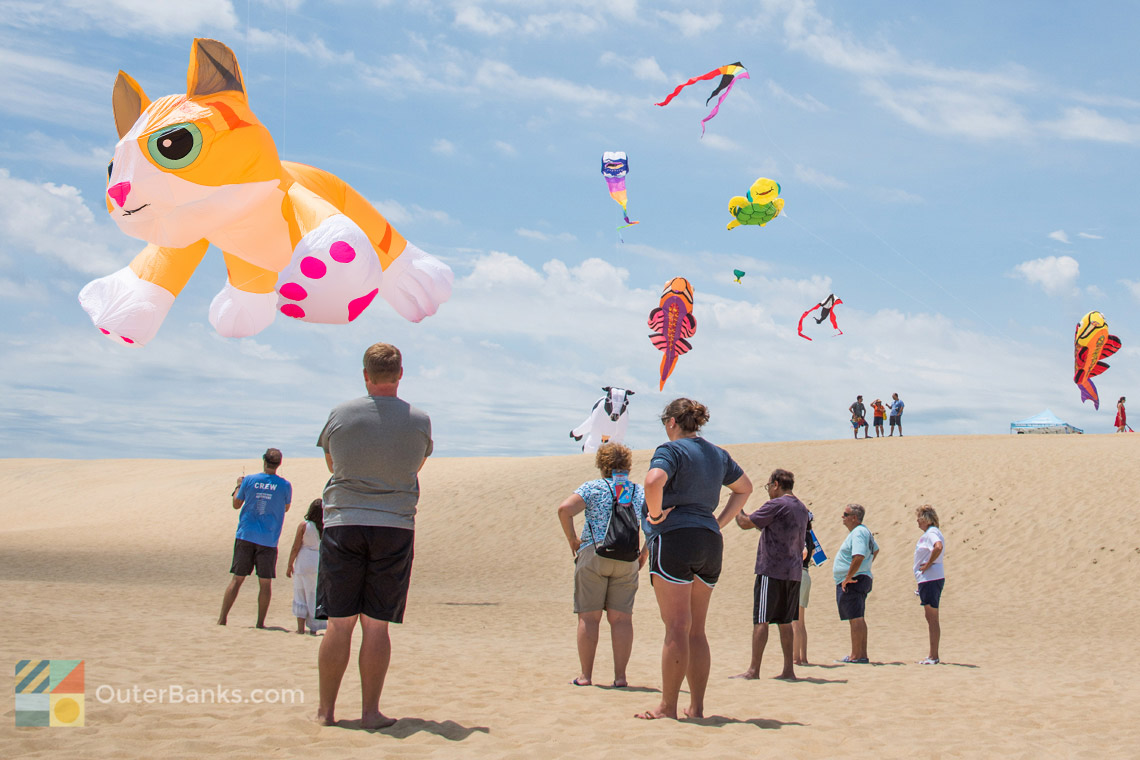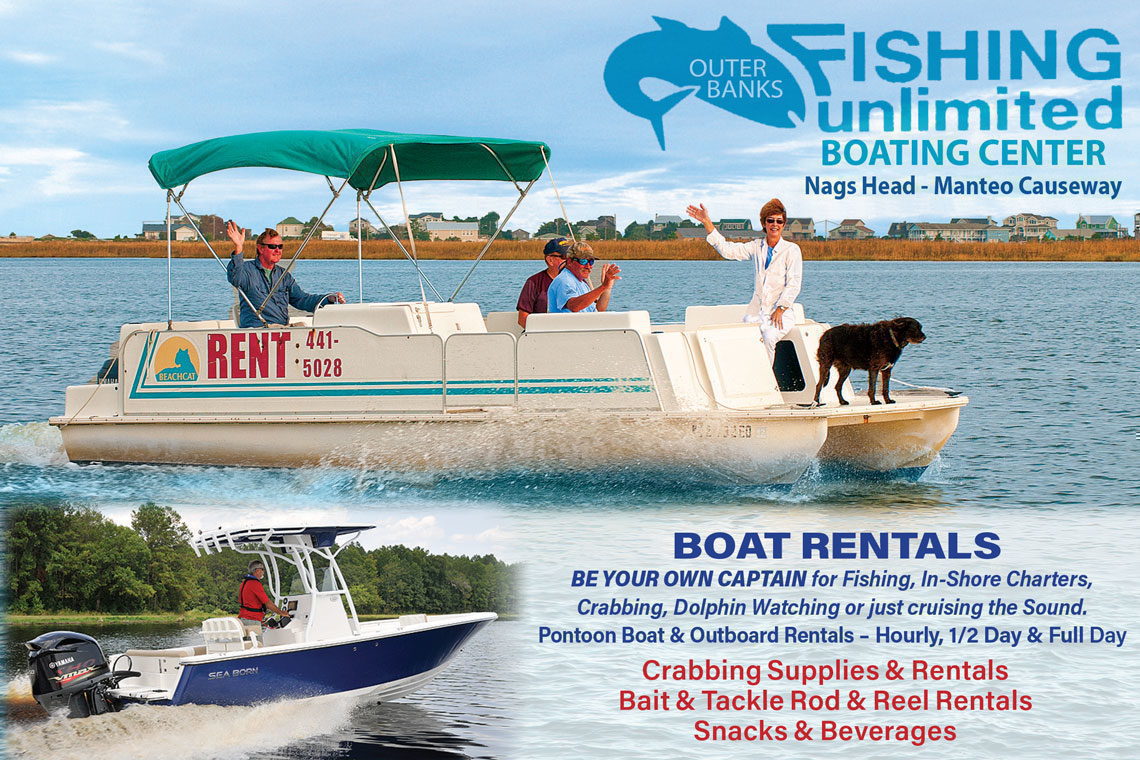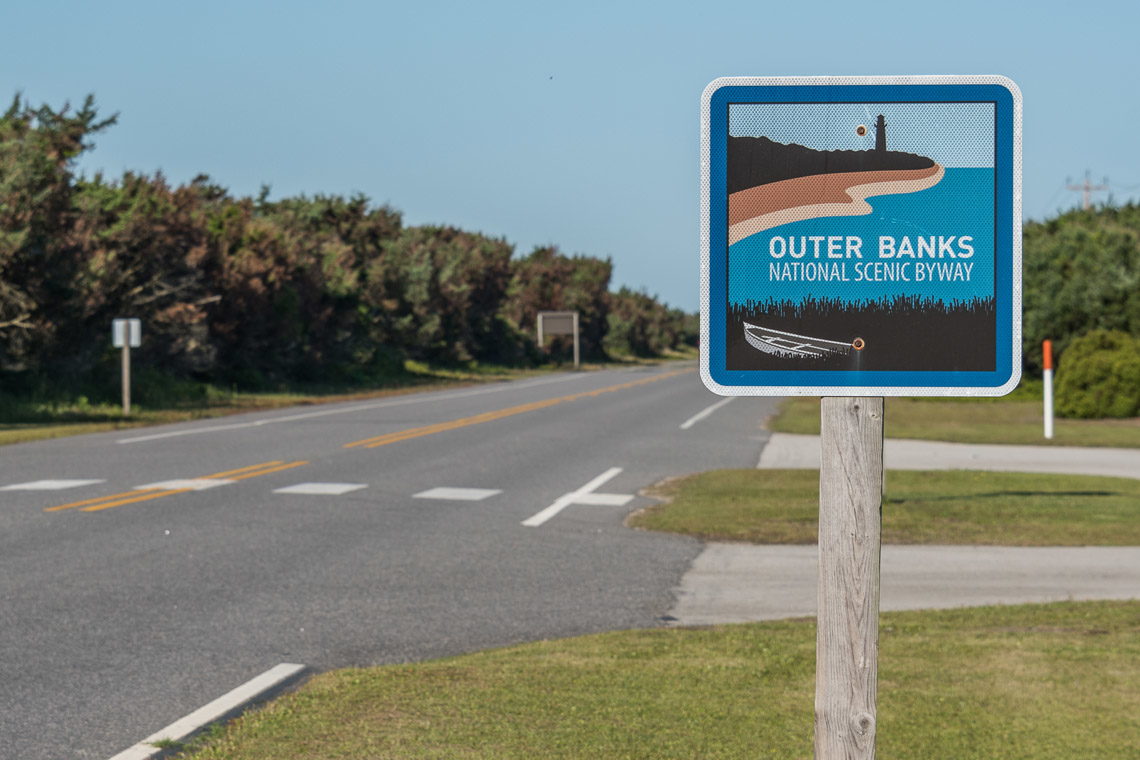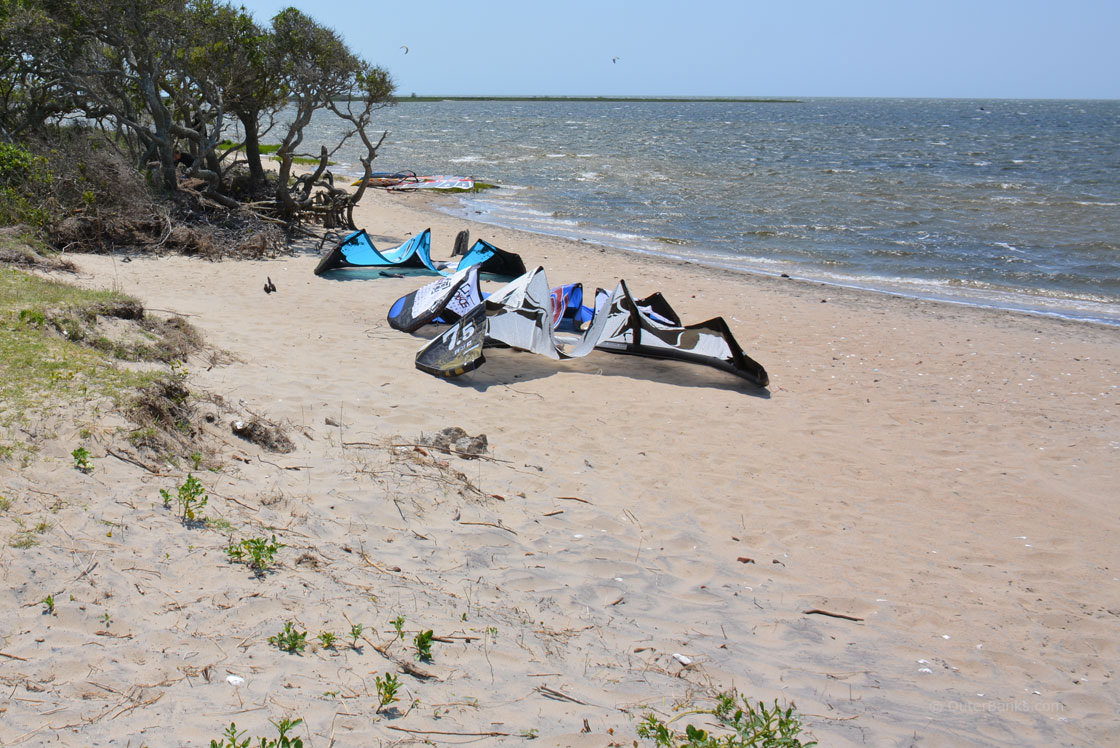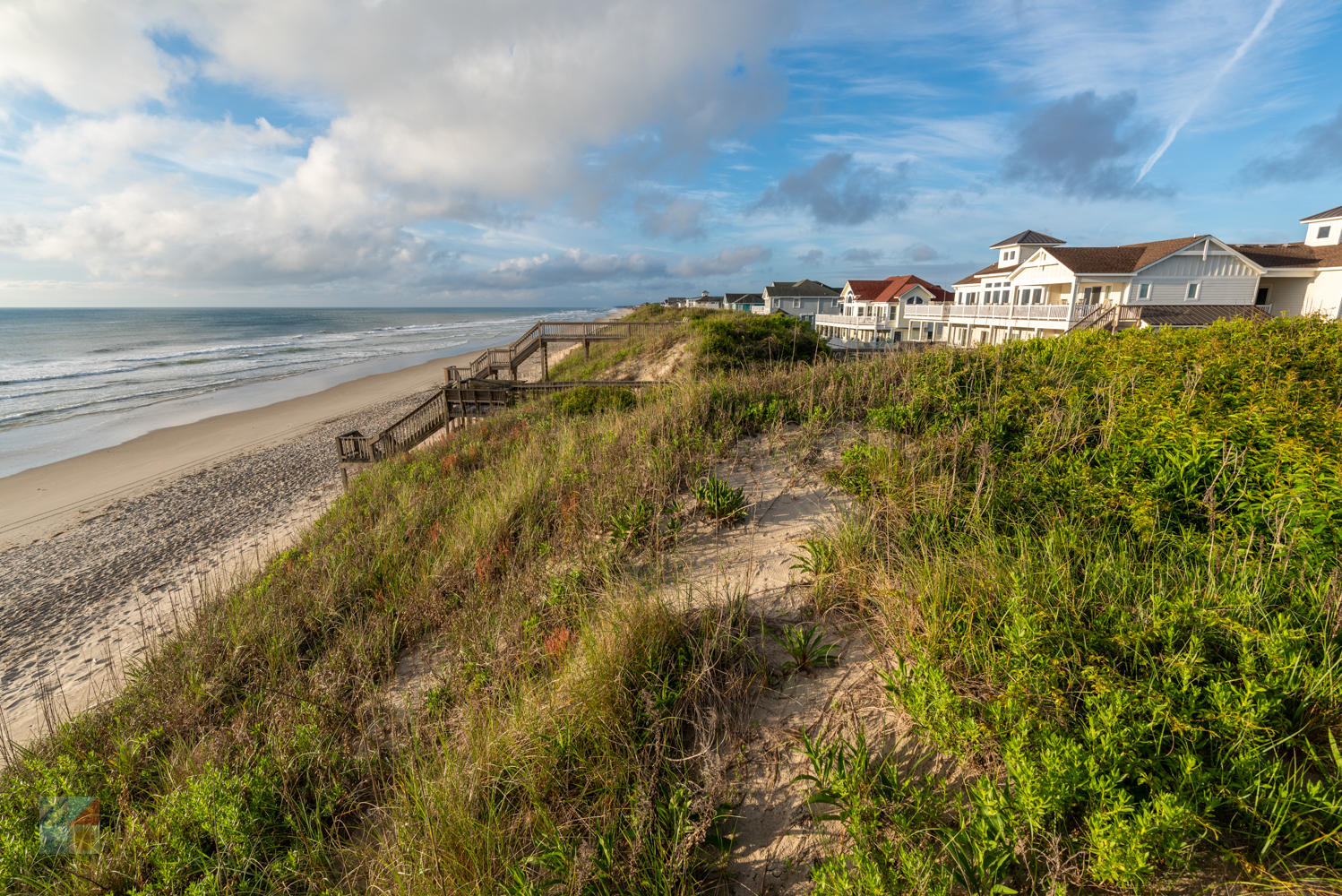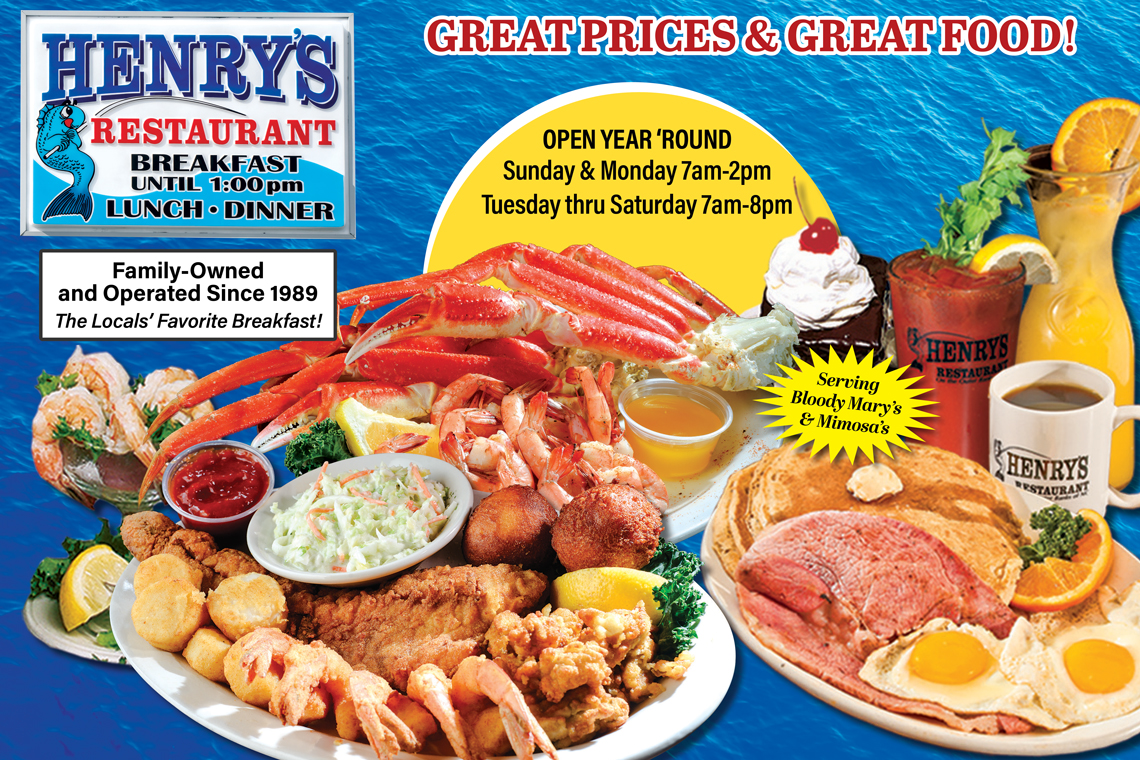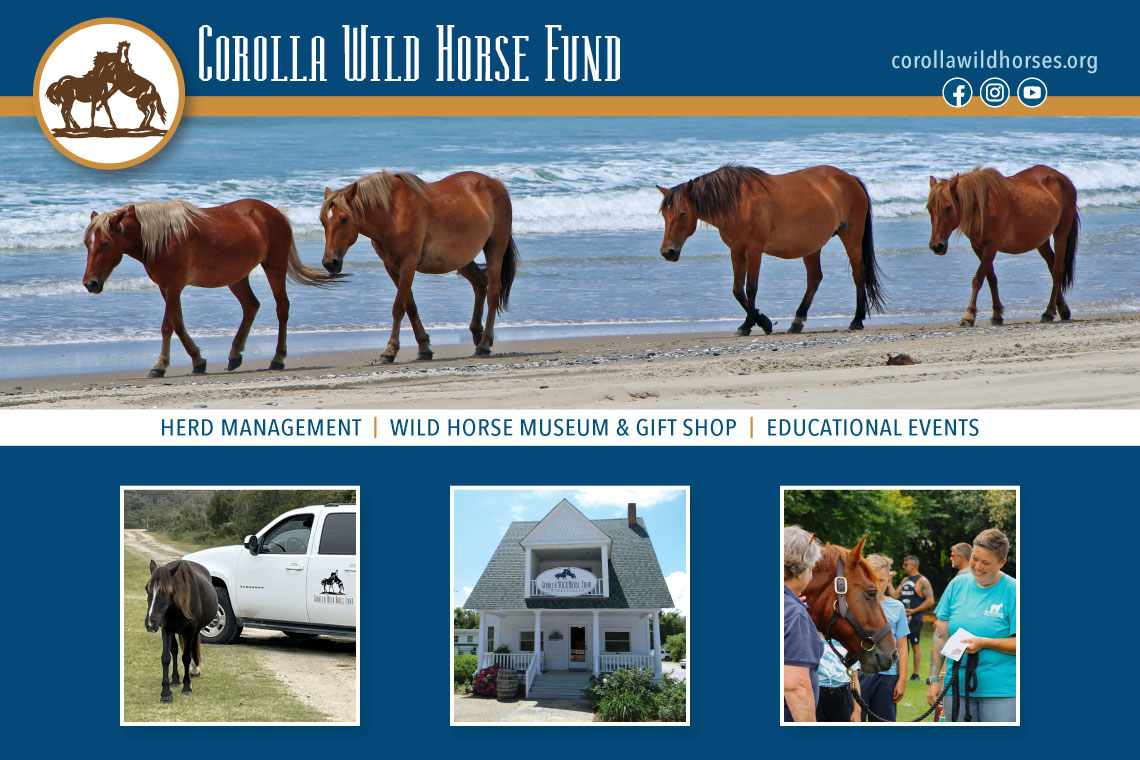Thanks to Corolla Wild Horse Tours for supporting this article. Our local wild Spanish Mustangs are a MUST SEE attraction in Corolla. Corolla Wild Horse Tours offers 2 hour guided adventures over off-road wetlands and beaches to view the Mustangs. Open-air, 15-passenger truck tours operate all day and kids in car seats are ok. See www.seecorollawildhorses.com or call 252-207-0511 for more information.
Guideline Sections:
- General Guidelines
- Canopies and Day Tents
- Driving on the Beach
- Pet Rules
- Bonfires
- Fireworks
- Alcohol
- Metal Detectors
- Digging Holes
The Outer Banks has its fair share of attractions for vacationers, including the Wright Brothers Memorial, 4 famous North Carolina lighthouses, the NC Aquarium, the Lost Colony, and enough shopping and dining to keep any family entertained for a week-long vacation. But the biggest attraction that draws seasoned Outer Banks vacationers back every year are the miles and miles of pristine beaches.
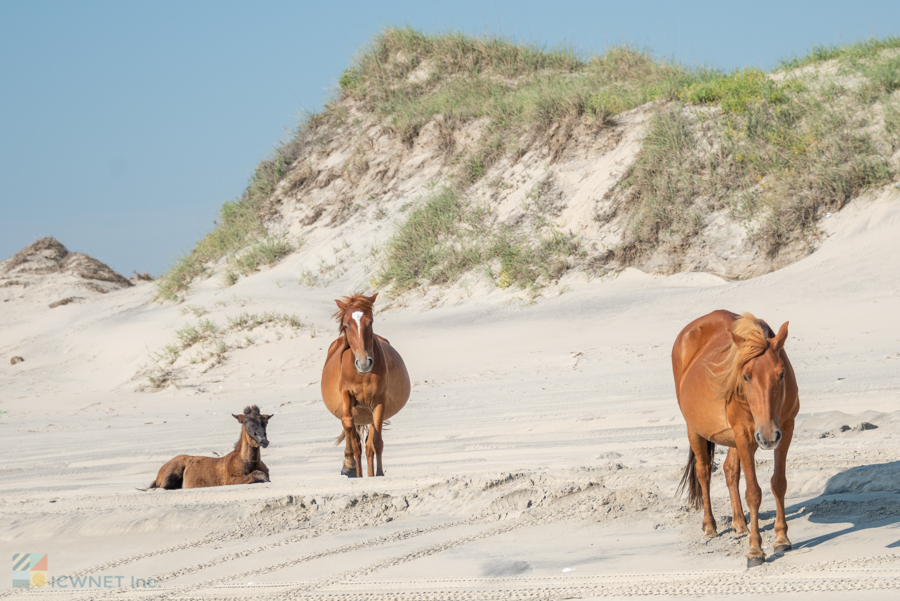
Unpopulated, unspoiled, and always open, the Outer Banks beaches have popped up on a number of National "Best Beaches" lists, including Coastal Living Magazine's list, and world renowned beach expert "Dr. Beach's" annual round-up of best American beaches.
So when planning your next Outer Banks vacation, be sure and reserve your largest blocks of time for beaching. With endless ocean views and large patches of sand just waiting for vacationers to stretch out, you'll quickly discover why the beach is the Outer Banks' best and most treasured attraction.
Outer Banks Beaches Guidelines
- Across all Outer Banks beaches, remember these important "rules of the beach".
- Red flags = no swimming. When you see red flags flying, dangerous conditions are present and swimming is prohibited.
- No Swimming or surfing within 300 feet of a fishing pier. It is dangerous and police can write citations to offenders.
- Don't Swim alone. We recommend swimming at a beach that offers lifeguard service.
- Learn about rip currents. Don't panic! Teach kids what to do if caught in a rip current.
- Watch out for fishing lines. Surf fishing is popular in the Outer Banks.
- Stay off the dunes. Keep off the dunes and stay on designated pathways to and from the beach to maintain the dunes' structural integrity. It is illegal to walk over dunes in many locations, and it is also illegal to pick live sea oats growing on the beaches.
- Fill in any holes you dig. Holes in the sand can be a hazard. Digging large holes or mounding sand is illegal in some towns.
- Don't feed the wildlife. Feeding or interfereing with wildlife is dangerous to humans and animals.
- Be mindful of Noise. Most communities consider a violation of the noise ordinance to be any sound that can be heard from inside a nearby residence, and any load noise after approximately 11:00 p.m.
- Pick up your trash. Be sure and pick up any trash that's left behind. Littering is illegal on all Outer Banks beaches. Most beach communities have trash receptacles right on the beach, or nearby on the beach access walkways and public parking areas.
- No glass on the beach (including bottles). Alcohol is allowed on all beaches, but if at all possible, stick to cans and plastic to save future beach-goers from any bare foot injuries.
- No nudity. There are no nude beaches on the Outer Banks.
- Camping is not allowed on any Outer Banks beaches except in designated campgrounds. There are a couple Oceanside (behind the dune line) campgrounds maintained by the National Park Service (NPS): One in Frisco near the Frisco Air Strip and one on Ocracoke Island. Please visit their website for camping information or call for reservations.
- Pets are allowed on most all Outer Banks beaches, provided they are on a leash. As a courtesy, please pick up after your pet.
- All beaches are open to the public. While there may not be public parking or ramps available, anyone can go to any beach on the Outer Banks.
- Take your equipment with you. While it is not generally illegal in most Outer Banks communities to leave up canopies and umbrellas overnight, please refrain from doing so out of courtesy to your beach neighbors, as well as to protect your beach equipment from theft or wind damage.
- Surf fishing is allowed on all Outer Banks beaches, with the exception of occasional seasonal closures by the NPS on Hatteras and Ocracoke Islands. You can visit the NPS website for current maps of beaches that are open to both pedestrians and vehicles. A fishing license is required in North Carolina and can be obtained before your vacation via the NC Marine Fisheries and Wildlife website, or a fishing license can be purchased at most any tackle shop on the Outer Banks.
- New Nags Head canopies and tents rules: Leaving equipment on the beach unattended from 8 pm-7 am each day is prohibited. Canopies and tents must be placed no closer than 10 feet apart. Tents and canopies cannot be larger than 12x12 and stand no higher than 9 feet above the sand when erected. Beach equipment cannot obstruct the line of sight of a lifeguard to the sand and cannot obstruct the passage of public works or emergency vehicles.
-
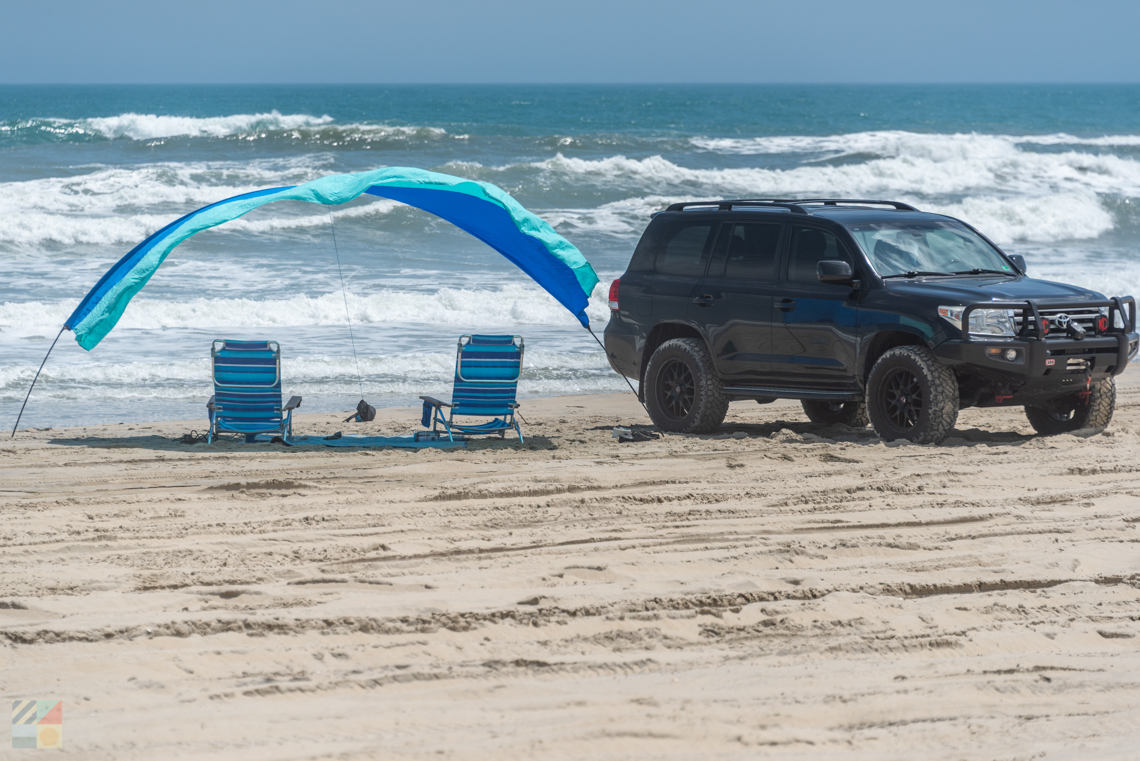
Canopies and Day Tents
- Corolla - Canopies, umbrellas, and tents cannot be left on the beach overnight. These items can obstruct pedestrian or traffic movement during the day. Unattended items that have been removed will not be returned.
- Duck - Canopies, umbrellas, and tents cannot be left on the beach overnight, and must be removed by 7pm. Tent and canopy size is limited to 12 by 12 feet. Tents and canopies aren’t allowed to be tied together.
- Southern Shores - Canopies, umbrellas, and tents cannot be left unattended on the beach between 5pm and 7am. Unattended items that have been removed will not be returned. It is illegal to place tents, canopies or umbrellas in a way that disrupts the sightlines or passage of emergency vehicles and personnel.
- Kitty Hawk - Canopies, umbrellas, and tents cannot be left on the beach overnight.
- Kill Devil Hills - Canopies, umbrellas, and tents cannot be left on the beach overnight. It is illegal to place tents, canopies or umbrellas in a way that disrupts the sightlines or passage of emergency vehicles and personnel.
- Nags Head - Canopies, umbrellas, and tents cannot be left on the beach overnight (specifically 8pm to 7am). Maximum size is 12' x 12'. Tents and canopies must be spaced out by 10'. Nags Head employees and resuce personnel may ask or have tents/canopies moved or removed for safety reasons.
- Rodanthe, Waves, Salvo, Avon, Buxton, Frisco, Hatteras, and Ocracoke - The beaches of Hatteras Island and Ocracoke Island are managed by the Cape Hatteras National Seashore. Canopies, umbrellas, tents and any other equipment cannot be left on the beach unattended between sunset and sunrise. Unattended items that have been removed will not be returned.
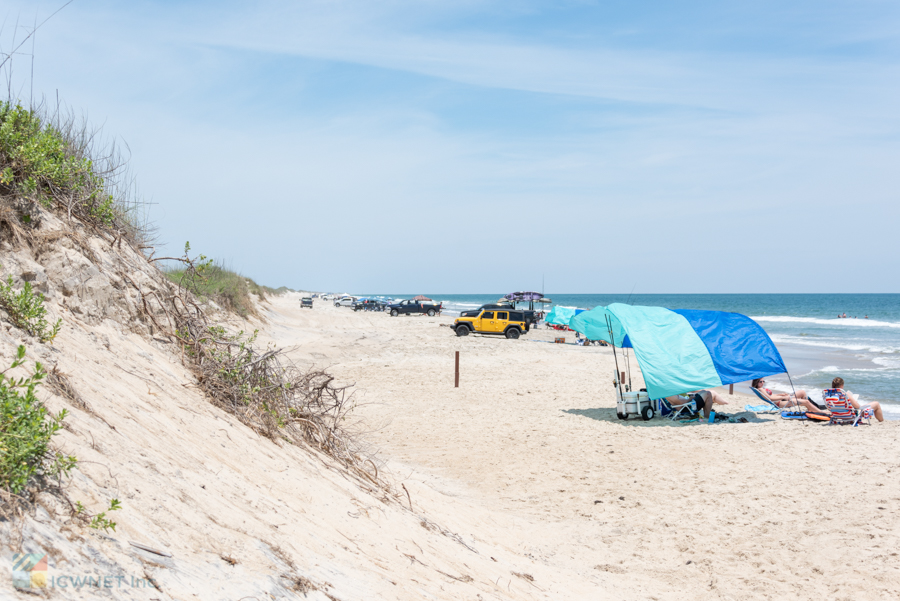
Beach Driving
Driving on the beach is a favorite Outer Banks activity. During the Summer, there are two main areas that allow driving on the beach. The first is Corolla and Carova, where route 12 ends and 4x4 access begins (headed North to the Virginia state line). The other area is Cape Hatteras National Seashore, which has many access points from Nags Head, South to Ocracoke Island. A permit is required to access National Park beaches by 4x4. Below are some general rules and regulations to follow during your off-road adventure. Permits are required on Corolla/Carova beaches only if you intend to park. Permit information is available here.
General Beach Driving Rules
- 4x4 access and beaches often refer to the acronym "ORV", which stands for "Off Road Vehicle".
- Unless otherwise marked, speed limits are 25mph and 15mph or slower near others/pets/wild animals.
- Watch for fishing lines and children playing.
- Stay at least 50 feet away from wild horses.
- Never drive on dunes or vegetation.
- Obey all posted signs.
- Park perpendicular to the water in the middle of the beach.
- Traffic flows near the shoreline and dunes, with parked cars sitting between.
- Tow straps, shovel, spare tire, jack and jack board are recommended, and sometimes required to be in the vehicle.
- Open containers of alcohol are prohibited in vehicles
- Drivers need to have a current, valid driver's license
- Avoid driving or parking on the wrack line. The wrack line is a line of accumulated natural debris left by a previous high tide. Wrack lines are an important food source for birds.
- Pedestrians always have right-of-way on the beach
- UTVs and ATVs are generally not allowed on OBX beaches, with a handful of exceptions for local residents.
Town-Specific Beach Driving Rules and Permit Information
- Corolla - 4x4 vehicles can access the beach at the Northern end of NC 12 where the paved road ends. 4x4 access North of this point is permitted year round. 4x4 access South of this point is permitted between October 1 and April 30. Driving at night is allowed. Overnight parking is allowed if the occupant is actively fishing. ATV's allowed for residents with permit. Vehicles MUST have a county-issued Beach Parking Permit properly displayed to park on the beach from the last Saturday of April through the first Saturday in October. Visitors renting in the 4-wheel drive area north of where the paved road ends should contact their rental company or property owner with any questions. Two parking permits should be provided to you. Visitors NOT renting in the 4-wheel drive area may purchase a weekly Beach Parking Permit online through the Currituck County website. Parking permits are limited to 300 per week and cost $50 each. Once purchased, the permits can then be picked up at the Currituck Outer Banks Visitor Center in Corolla (500 Hunt Club Drive, Corolla).
- Duck - No public 4x4 access. Private access allows vehicles vehicles on the beach between October 1 - April 30.
- Southern Shores - Driving on the beach is prohibited.
- Kitty Hawk - Driving on the beach is prohibited.
- Kill Devil Hills - Driving on the beach is permitted October 1 - April 30 through designated access points. Vehicles must have current safety inspection, registration, insurance and license plate. Obtain a beach driving permit either from the Town of Kill Devil Hills or the Town of Nags Head. Through a reciprocal program, each town recognizes the beach driving permit issued by the other.
- Nags Head - Driving on the beach is permitted October 1 - April 30. Obtain a beach driving permit either from the Town of Kill Devil Hills or the Town of Nags Head. Through a reciprocal program, each town recognizes the beach driving permit issued by the other.
- Rodanthe, Waves, Salvo, Avon, Buxton, Frisco, Hatteras, and Ocracoke - The beaches of Hatteras Island and Ocracoke Island are managed by the Cape Hatteras National Seashore. Permits are required, and can be purchased online and sent via mail, or in person at one of the following locations: Coquina Beach office, Cape Hatteras Light Station, and the Ocracoke Visitor Center. Each vehicle must have its own permit. Vehicles must be registered, licensed, insured, and have a current safety inspection if required in home state/country. Vehicles must have low-pressure tire gauge, shovel, jack and jack support board. A spare tire, first-aid kit, fire extinguisher, trash bags, flashlight and tow straps are recommended. ATV's are not permitted. Night driving is generally allowed from November 16 through April 30. See current access ramps and beach closings by visiting this page and clicking on the "daily beach access map". Obey all posted signs.
Tips for Driving on the Beach
- We recommend lowering tire pressure to between 20-25PSI, possibly lower in deep, soft sand.
- It's usually best to follow previously-made ruts, as the sand is already packed.
- Park above the high tide line
- If tires spin, try decreasing tire pressure or digging sand out from around the tires.
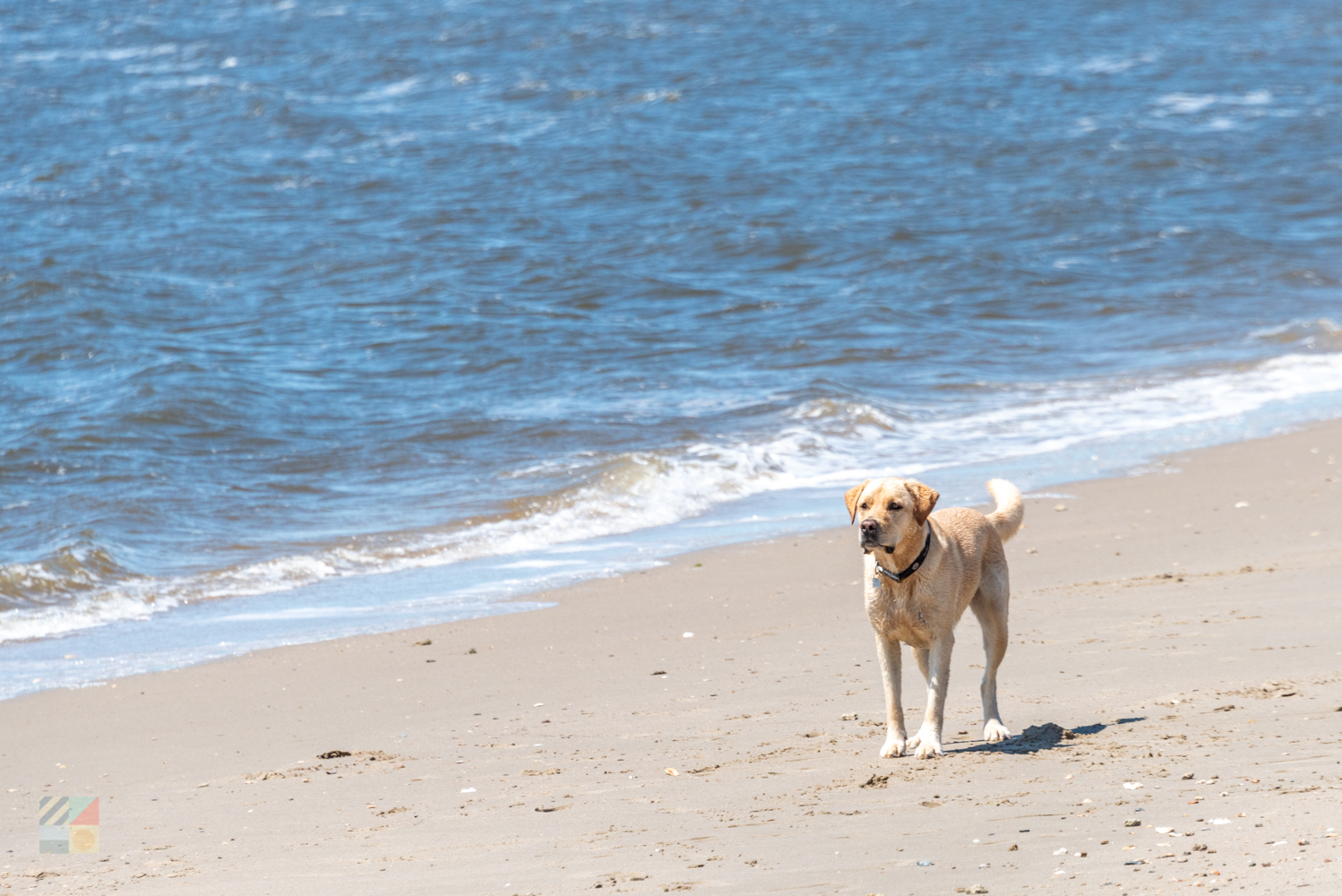
Pets on the Beach
Thousands of Outer Banks visitors bring their furry family members in tow year after year. Dogs are allowed on most beaches, with some restrictions. Please note that owners must collect all pet waste immediately and dispose of it properly.
- Carova and Corolla - Dogs are allowed on Currituck County beaches all year. They must remain on a leash. There is no leash length requirement.
- Duck - Dogs are allowed on the beach year-round, unleashed. Owners must keep their dogs under control at all times.
- Southern Shores - Between May 15 and September 15, dogs are allowed on the beach before 9am and after 6pm. Between September 16 and May 14, dogs are allowed on the beach all day. All dogs must be on a 10ft or less leash.
- Kitty Hawk - Dogs are allowed on the beach year-round. From the Friday before Memorial Day until the day after Labor Day, they must be on a (maximum) 6ft leash between 10am and 6pm. All other times of the year, dogs must be on a (maximum) 12ft leash. Dogs may be taken off the leash during the off-season only if they are controlled by their owners and do not disturb others. Owners must be within 30feet of an unleashed dog, and have a leash with them at all times.
- Kill Devil Hills - Dogs are not permitted on the beach between May 15 and September 15, from 9am to 6pm unless they are a service animal. Dogs are otherwise permitted on the beach, controlled by a handler with a leash.
- Nags Head - Dogs are allowed on the beach year-round. They must remain on a leash 10ft or shorter.
- Rodanthe, Waves, Salvo, Avon, Buxton, Frisco, Hatteras, and Ocracoke - Pets are allowed on a leash no longer than 6ft, year-round. Pets are prohibited on designated swimming beaches. Service animals are allowed at all times.
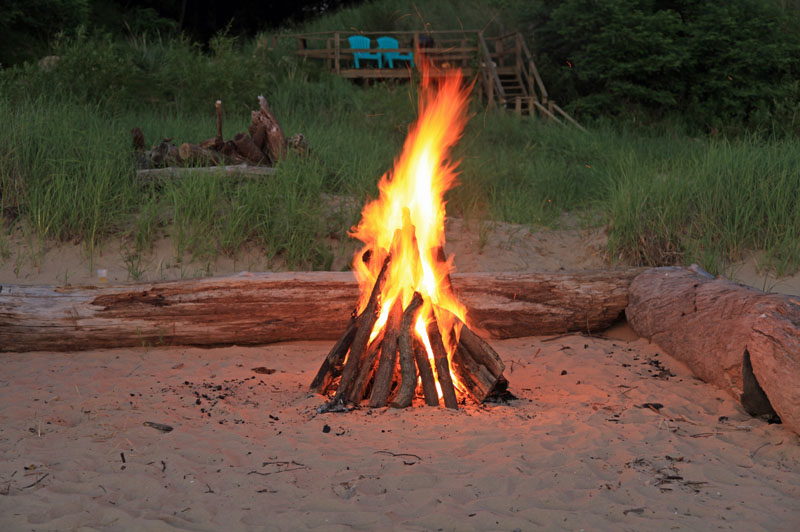
Bonfires on the Beach
- Corolla, Duck, Southern Shores, Kitty Hawk, and Kill Devil Hills - Bonfires are not allowed on the beach.
- Nags Head - Bonfires are allowed on the beach with a permit. Permits are issued by Nags Head Fire and Rescue online. Permits are based on current wind and fire danger conditions.
- Rodanthe, Waves, Salvo, Avon, Buxton, Frisco, Hatteras, and Ocracoke (Cape Hatteras National Seashore oversees these beaches) - Beach fire permits are required. Print, sign and keep your paper permit with you (permits available here)From May 1 to November 15, beach bonfires are only allowed at Coquina Beach, the villages of Rodanthe, Waves, Salvo, Avon, Buxton, Frisco and Hatteras, and the Ocracoke day use area. From November 16 - April 30, Beach fires are allowed throughout the park. Fires are allowed from 6am - 10pm. An adult must be present. Fires must be on greater than 3 feet in diameter. Fires must be built and maintained below the high-tide mark and 50 feet from any vegetation. Fires cannot be left unattended, and must be extinguished upon end of use. The area must be cleaned up.
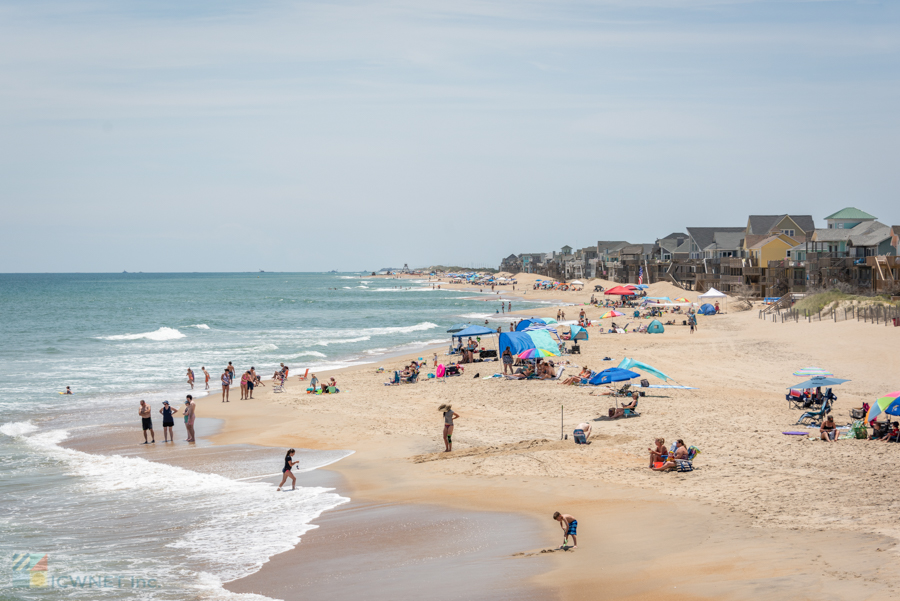
Fireworks
- Fireworks are not permitted in the Outer Banks.
Alcohol on the Beach
- Beer is allowed on Outer Banks beaches.
- Glass containers are not allowed.
- Open containers in vehicles are not allowed.
- Wine and liquor are not officially allowed on the beach.
- Use common sense and you'll likely be just fine.
- Don't drink and drive.
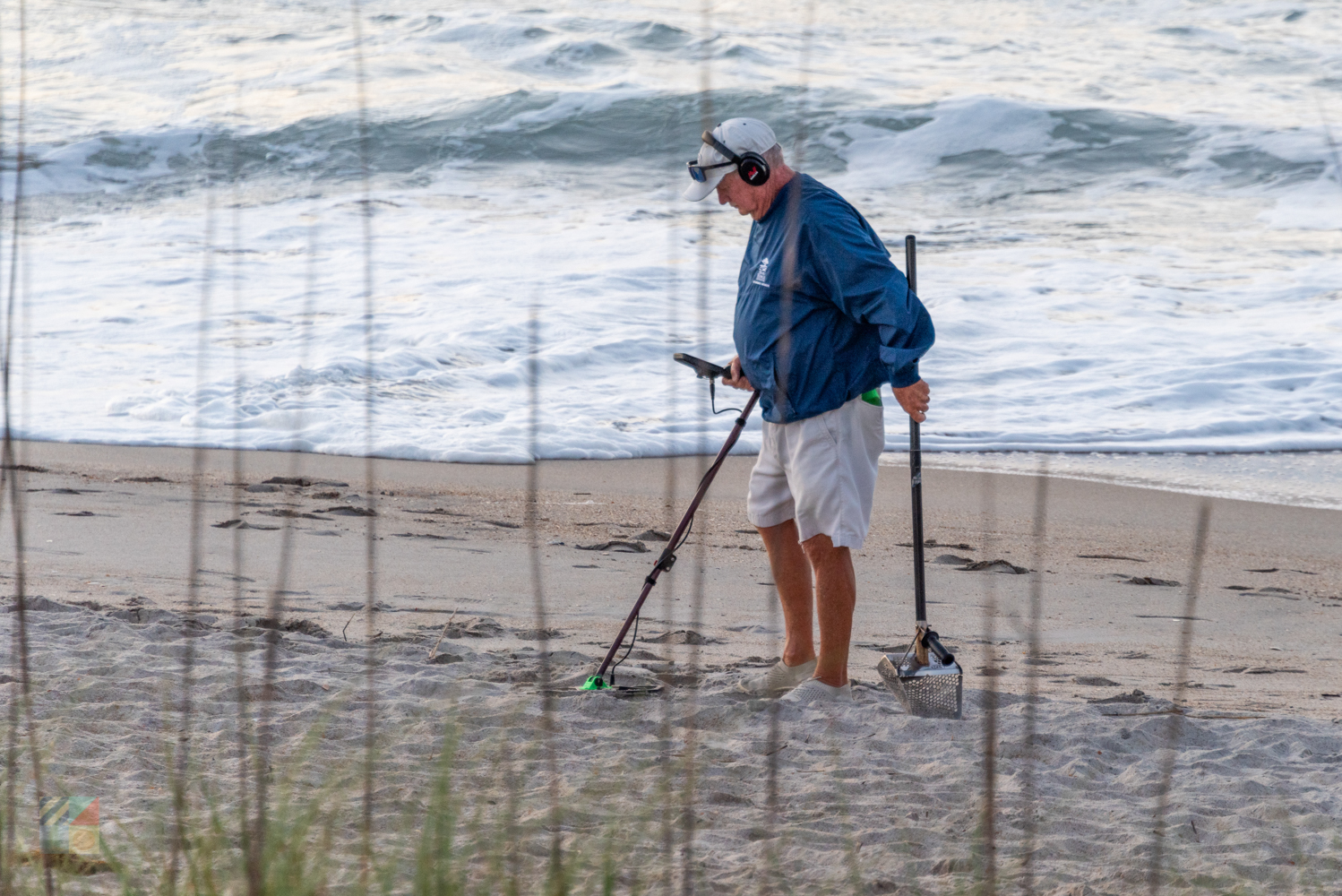
Metal Detectors in the Outer Banks
- Metal detecting is allowed on the Northern Outer Banks beaches (Carova, Corolla, Duck, Southern Shores, Kitty Hawk, Kill Devil Hills, much of Nags Head).
- Metal detecting is prohibited within Cape Hatteras National Seashore (some of Nags Head, Rodanthe, Waves, Salvo, Avon, Buxton, Frisco, Hatteras and Ocracoke).
Digging Holes
Please don't dig holes on the beach. They are a danger to the persons digging, vehicles, emergrncy response staff, and other visitors. If you choose to ignore the first sentence, fill your hole before leaving the beach! Don't leave hazards for others!
Thanks to Corolla Wild Horse Tours for supporting this article. Our local wild Spanish Mustangs are a MUST SEE attraction in Corolla. Corolla Wild Horse Tours offers 2 hour guided adventures over off-road wetlands and beaches to view the Mustangs. Open-air, 15-passenger truck tours operate all day and kids in car seats are ok. See www.seecorollawildhorses.com or call 252-207-0511 for more information.
-
First Friday in Manteo
March 6th, 2026 6:00 PM - 8:00 PM -
Hatteras Village Waterfowl Festival
March 6th, 2026 - March 7th, 2026 -
St. Patrick's Day Day Beer Mile
March 7th, 2026 2:00 PM
The best deals, events & info straight to your inbox
Owned by Garry Oliver, the proprietor of the Outer Banks Fishing Pier, this small wooden aqua blue-colored store on the Nags Head-Manteo causeway has been serving the needs of fishermen for decades. A full line of tackle is available for all types...
When most Outer Banks visitors think of Nags Head, they imagine a classic beach town filled with warm sunny days, crashing ocean waves, and miles of beaches, shops, restaurants and all the attractions that inherently come standard with an...
Discover the beauty of the Outer Banks with Duck Parasail. Duck Parasail is proud to partner with Corolla Parasail and together, they take pride in being the longest running, family owned and operated parasail company on the Outer Banks. Duck...
Take a long and lingering trip along the coastline that includes two ferries, 21 coastal villages, and miles of stunning scenery in every direction with a trip along the Outer Banks Scenic Byway. Known as one of the most beautiful stretches of...
Off the beach, one of the best activities for groups to enjoy in the Outer Banks is mini golf, bumper cars or Go-Karts. Thankfully, Paradise Fun Park offers all three activities! Paradise Fun Park offers exciting outdoor activities that kids and...
Canadian Hole may be an unfamiliar term to the typical, laid-back Hatteras Islander vacationer, but to windsurfers around the world, the phrase invokes thoughts of an exact, postcard-perfect locale on the Outer Banks, where windsurfing and water...
You haven’t experienced North Carolina until you’ve experienced North Carolina BBQ, and Pigman’s Bar-B-Que offers excellent North Carolina BBQ meals served with southern hospitality. Pigman’s offers traditional eastern...
Ask any crowd of visiting kiteboarders about Kite Point, and they'll readily give you exact directions to this unmarked but internationally renowned soundside beach. Located in between Avon and Buxton villages abutting the Pamlico Sound, Kite Point...
DIY Seafood Boil Don’t Just Make Dinner, Make An Experience! We Deliver on the Outer Banks! Same Day Delivery! Make lasting memories by doing something new with friends and family. Why wait in line at a grocery store or restaurant? Our Low...
After a few days of sunny beach afternoons, fantastic local attractions, and all the amenities that attract people to the Outer Banks, many visitors find themselves daydreaming about a more permanent vacation. Whether your ultimate goal is to own an...
Henry's Restaurant offers down home, simple food done Outer Banks style. Henry's Restaurant has been serving the Outer Banks of North Carolina since the summer of 1989. They are pleased to be considered one of the most popular restaurants in Dare...
The prestigious Whalehead in Historic Corolla has been a dominant attraction to Corolla visitors since it was renovated and opened to the public in 2002. As part of the Historic Corolla Park, the Whalehead in Historic Corolla serves as a northern...
We are The Corolla Wild Horse Fund the non-profit 501 (c) (3) charity responsible for the care and protection of the wild Banker horses roaming the northernmost beaches of the Outer Banks. Join us in the summer season, every Wednesday morning from...
